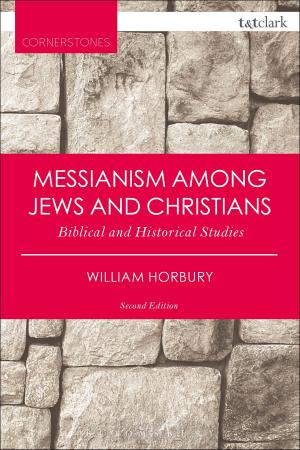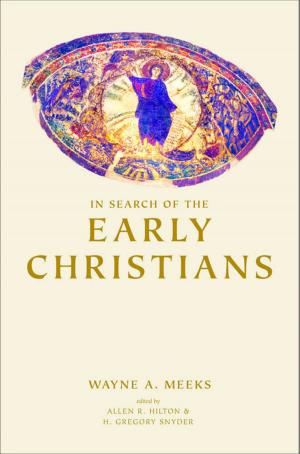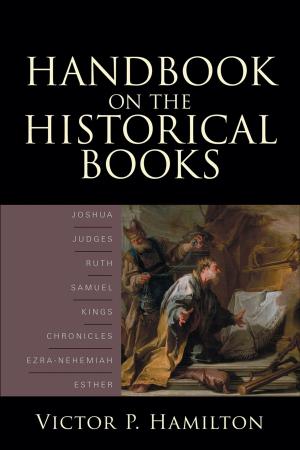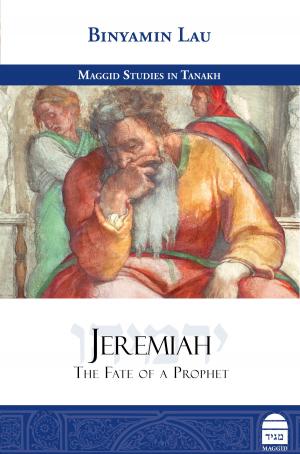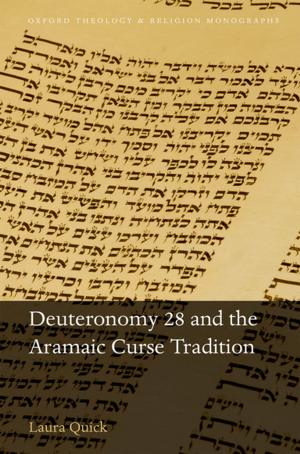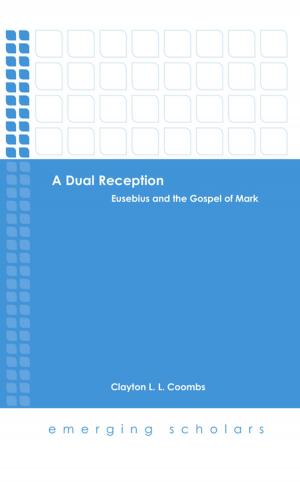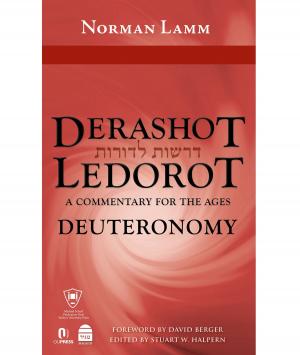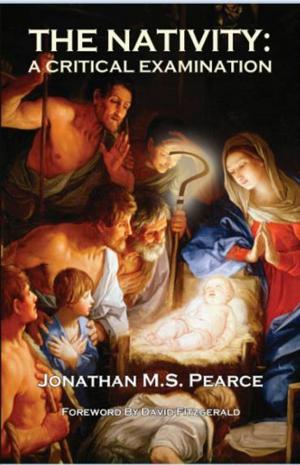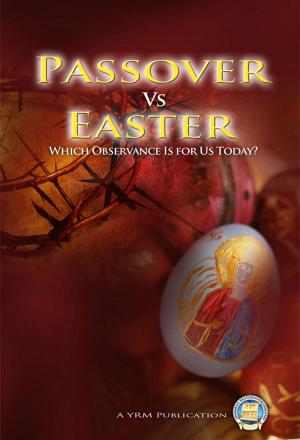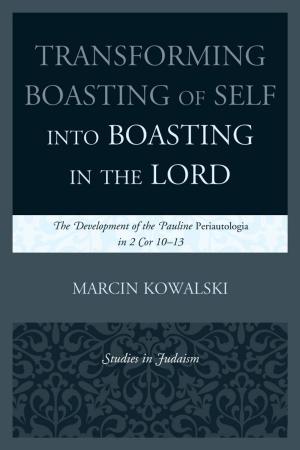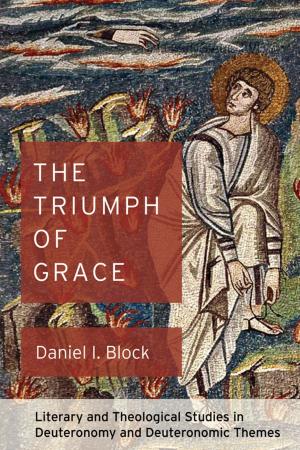Jephthah's Daughter and the Wrong God
Comics & Graphic Novels, Non-Fiction, Nonfiction, Religion & Spirituality, Bible & Bible Studies, Criticism & Interpretation| Author: | Andrew Moore | ISBN: | 9781310579806 |
| Publisher: | Andrew Moore | Publication: | January 17, 2016 |
| Imprint: | Smashwords Edition | Language: | English |
| Author: | Andrew Moore |
| ISBN: | 9781310579806 |
| Publisher: | Andrew Moore |
| Publication: | January 17, 2016 |
| Imprint: | Smashwords Edition |
| Language: | English |
Gnostic Christianity has been suppressed since the latter part of the Second Century AD.
One of the Key elements of Gnostic Christianity is a rejection of the Old Testament construction of God.
In the early part of the Second century, Marcion of Sinope published a text called 'Antithesis' arguing that the God of the Hebrew Bible was not the loving Father of Jesus. Marcion utilised passages from the Old Testament in support of that position.
Around the middle of the Second Century AD, the Gnostic Christian Teacher Valentinus wrote 'the Gospel of Truth', which clearly conveys that for Valentinus, true 'Gnosis' was 'Knowledge of the Father'.
A copy of 'the Gospel of Truth' was found in Nag Hammadi, Egypt, in the middle of the last Century.
There are no known surviving copies of the 'Antithesis', but the position these early Christians took is sound. 'Jephthah's Daughter and the Wrong God' defends this position, utilising a similar approach to the 'Antithesis'.
Gnostic Christianity has been suppressed since the latter part of the Second Century AD.
One of the Key elements of Gnostic Christianity is a rejection of the Old Testament construction of God.
In the early part of the Second century, Marcion of Sinope published a text called 'Antithesis' arguing that the God of the Hebrew Bible was not the loving Father of Jesus. Marcion utilised passages from the Old Testament in support of that position.
Around the middle of the Second Century AD, the Gnostic Christian Teacher Valentinus wrote 'the Gospel of Truth', which clearly conveys that for Valentinus, true 'Gnosis' was 'Knowledge of the Father'.
A copy of 'the Gospel of Truth' was found in Nag Hammadi, Egypt, in the middle of the last Century.
There are no known surviving copies of the 'Antithesis', but the position these early Christians took is sound. 'Jephthah's Daughter and the Wrong God' defends this position, utilising a similar approach to the 'Antithesis'.


